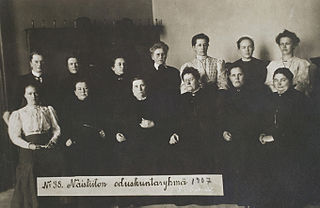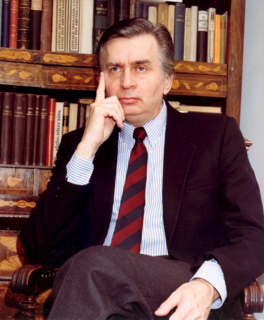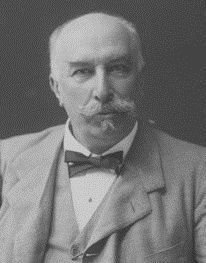 |
|---|
| This article is part of a series on the politics and government of Luxembourg |
| Constitution |
Monarchy |
| Foreign relations |
General elections were held in Luxembourg on 26 October 1919. [1] They were the first held after several constitutional amendments were passed on 15 May of the same year. [2] The reforms had introduced universal suffrage and proportional representation, increased the electorate from 6% of the population to 42%, [3] and vested national sovereignty in the people, as opposed to the Grand Duke. They were also the first elections held after the German occupation during World War I.

Luxembourg, officially the Grand Duchy of Luxembourg, is a small landlocked country in western Europe. It is bordered by Belgium to the west and north, Germany to the east, and France to the south. Its capital, Luxembourg City, is one of the three official capitals of the European Union and the seat of the European Court of Justice, the highest judicial authority in the EU. Its culture, people, and languages are highly intertwined with its neighbours, making it essentially a mixture of French and German cultures, as evident by the nation's three official languages: French, German, and the national language, Luxembourgish. The repeated invasions by Germany, especially in World War II, resulted in the country's strong will for mediation between France and Germany and, among other things, led to the foundation of the European Union.
A constitutional amendment is a modification of the constitution of a polity, organization or other type of entity. Amendments are often interwoven into the relevant sections of an existing constitution, directly altering the text. Conversely, they can be appended to the constitution as supplemental additions (codicils), thus changing the frame of government without altering the existing text of the document.

The concept of universal suffrage, also known as general suffrage or common suffrage, consists of the right to vote of all adult citizens, regardless of property ownership, income, race, or ethnicity, subject only to minor exceptions. In its original 19th-century usage by political reformers, universal suffrage was understood to mean only universal manhood suffrage; the vote was extended to women later, during the women's suffrage movement.
The election saw the beginning of conservative dominance of Luxembourgian politics, ending seventy years of liberal dominance that had begun to crumble after the death of Paul Eyschen. With the constitutional reforms and the birth of the modern political order, the elections are considered the first in the modern political history of Luxembourg.
Conservatism is a political and social philosophy promoting traditional social institutions in the context of culture and civilization. The central tenets of conservatism include tradition, hierarchy, authority, and property rights. Conservatives seek to preserve a range of institutions such as religion, parliamentary government, and property rights, with the aim of emphasizing social stability and continuity. The more traditional elements—reactionaries—oppose modernism and seek a return to "the way things were".
Liberalism is a political and moral philosophy based on liberty and equal rights. Liberals espouse a wide array of views depending on their understanding of these principles, but they generally support limited government, individual rights, capitalism, democracy, secularism, gender equality, racial equality, internationalism, freedom of speech, freedom of the press and freedom of religion.

Paul Eyschen was a Luxembourgish politician, statesman, lawyer, and diplomat. He was the eighth Prime Minister of Luxembourg, serving for twenty-seven years, from 22 September 1888 until his death, on 11 October 1915.






